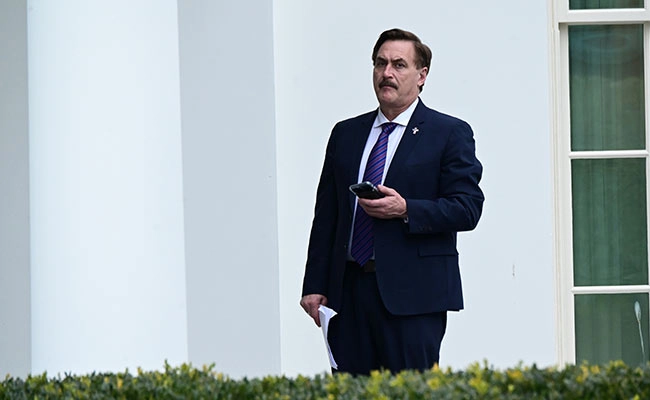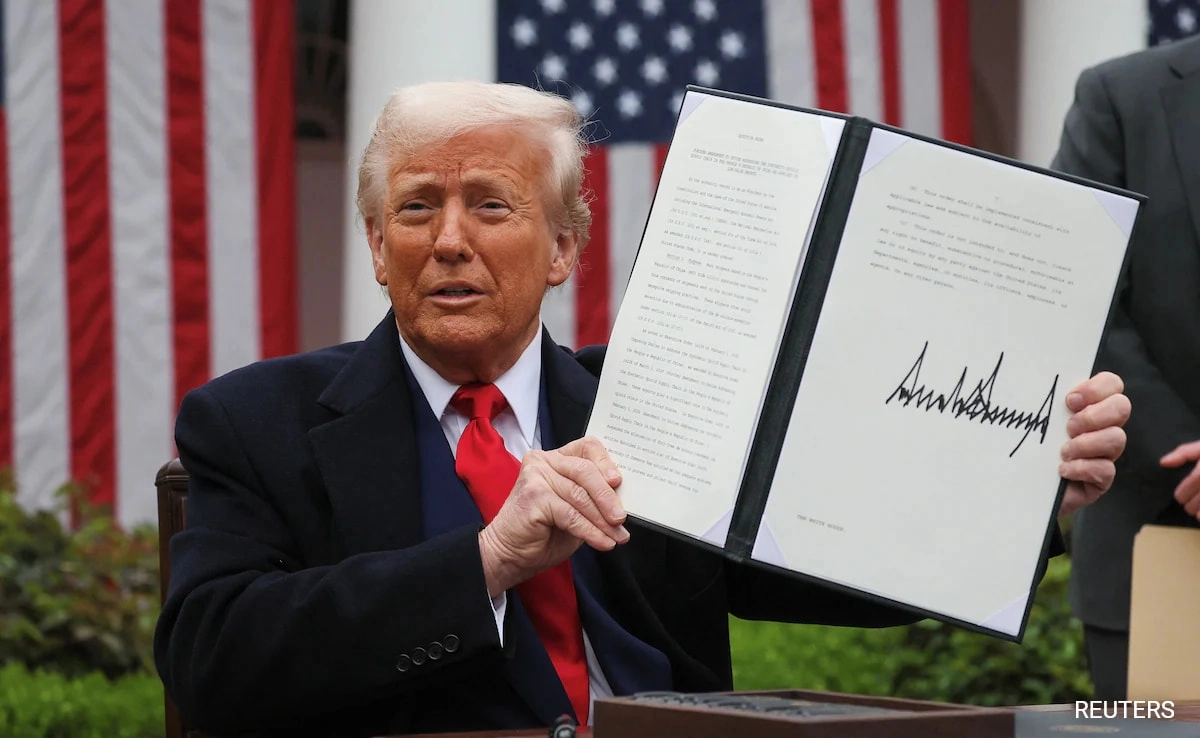In a significant escalation of the ongoing conflict, Ukraine faced a massive missile barrage attributed to Russian President Vladimir Putin, marking one of the largest attacks since the onset of the war. This aggressive military action came shortly after a contentious phone call between former U.S. President Donald Trump and Putin, raising concerns about the implications of such discussions on international relations and security in Eastern Europe. The timing of the attack has led many analysts to speculate about the possible connection between the diplomatic dialogue and the subsequent military aggression, highlighting the complex interplay of global politics and military strategy in the region.
The barrage resulted in widespread destruction across various Ukrainian cities, with reports indicating significant civilian casualties and damage to critical infrastructure. This new wave of assaults is seen as a strategic move by Russia to assert its dominance and demoralize Ukrainian resistance as the war enters a new phase. The Ukrainian military, while resilient, is grappling with the challenge of defending against a well-coordinated offensive that employs advanced weaponry and tactics. This situation underscores the urgent need for increased support from Western allies, as Ukraine seeks to bolster its defenses and safeguard its sovereignty.
In response to the attack, Ukrainian officials have condemned Russia’s actions as a blatant violation of international law and a direct threat to regional stability. The international community, including NATO and the European Union, is closely monitoring the situation, with discussions underway regarding potential sanctions and military aid to Ukraine. As the conflict escalates, the geopolitical landscape of Eastern Europe remains precarious, with the potential for broader implications that could affect global security dynamics. The interplay between diplomatic negotiations and military aggression raises critical questions about the effectiveness of dialogue in resolving conflicts and the responsibilities of global powers in addressing acts of aggression.
Ultimately, the situation in Ukraine serves as a stark reminder of the fragility of peace in the region and the enduring complexities of international relations. The consequences of Putin’s latest attacks are likely to reverberate well beyond Ukraine’s borders, as nations grapple with the implications for their own security and foreign policy strategies. As the world watches closely, the need for a concerted and unified response to this crisis has never been more critical, emphasizing the importance of solidarity in the face of aggression.




